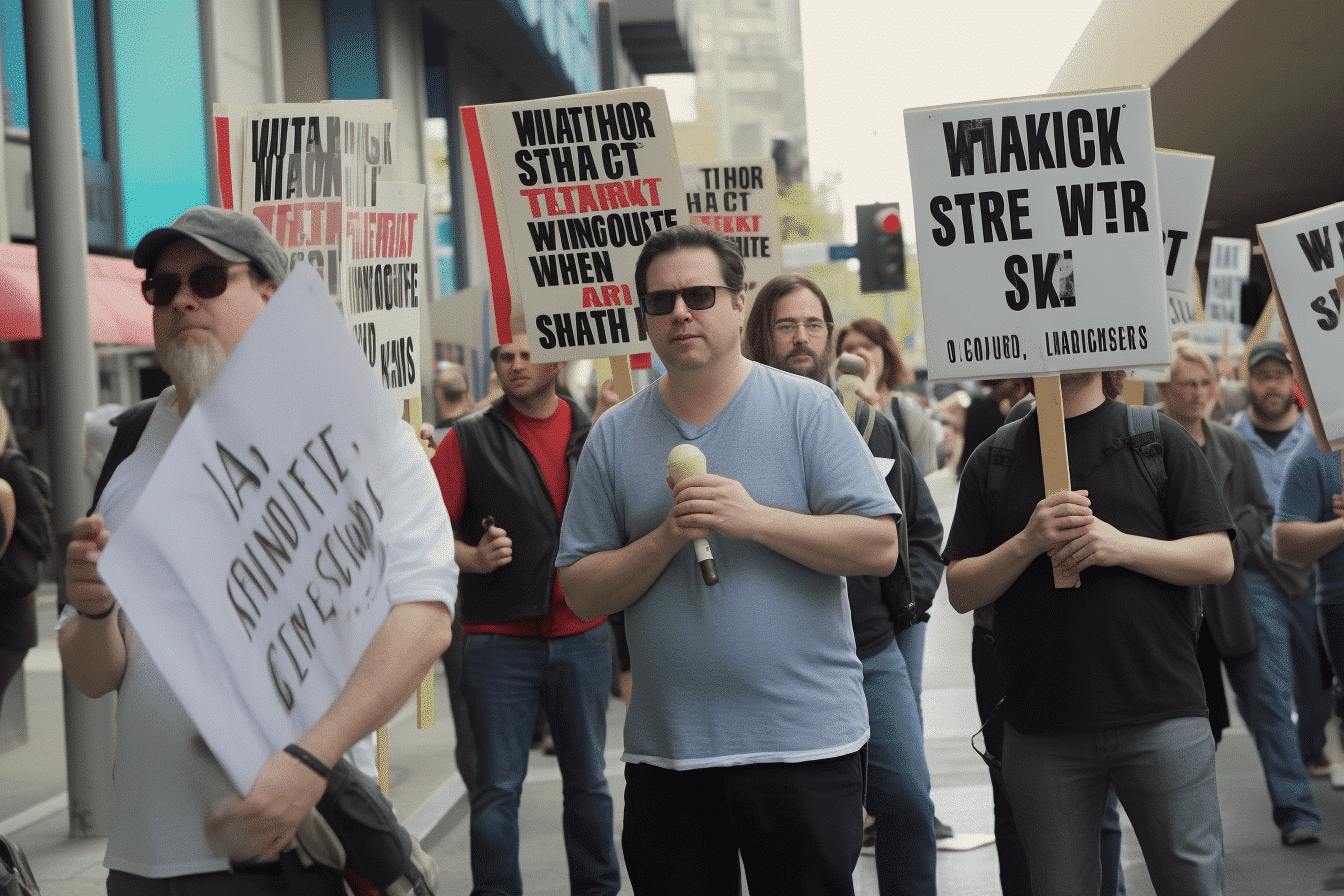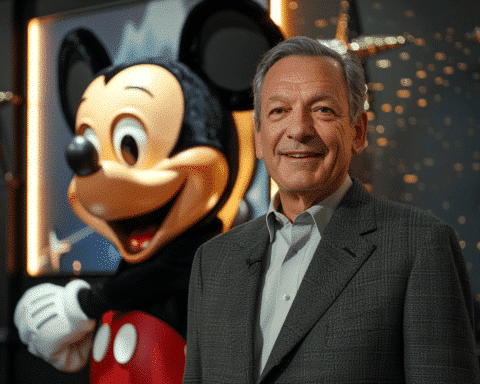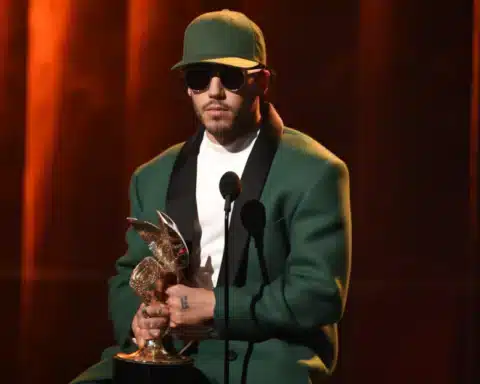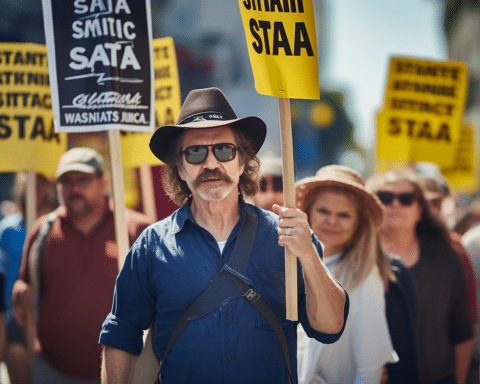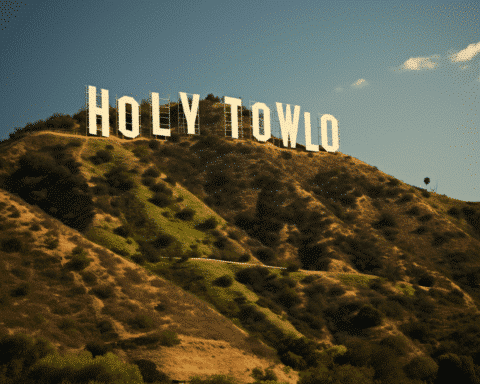The major Hollywood studios have successfully signed a provisional labour agreement with the union representing film and television directors. This action likely sidesteps a potential halt to work that could have increased the pressure on media companies to resolve issues with the writers currently on strike.
The Directors Guild of America (DGA), with a member base 19,000, plans to seek approval for this three-year contract from its members. The announcement of this agreement came late on Saturday, after three weeks of discussions.
The contract, as revealed by the DGA and the Alliance of Motion Picture and Television Producers (AMPTP) — a body representing major studios like Netflix, Walt Disney Co, and others — includes salary and residual increases and guidelines about using artificial intelligence.
The Writers Guild of America (WGA), which has been striking since May 2, leading to a halt in various film and TV productions, has yet to schedule further negotiations with the studios.
In the WGA’s previous strike in 2007-2008, an agreement between the studios and DGA led writers back to the negotiation table. However, WGA negotiator Chris Keyser dismissed this tactic as unfeasible this time, insisting that a resolution would need to involve the WGA.
Keyser declared in a YouTube video that “Any deal that puts this town back to work runs straight through the WGA, and there is no way around that.”
Before it’s put forward for member ratification, the DGA’s board will decide on Tuesday whether to approve the deal. The date for the ratification vote still needs to be fixed.
Should the deal receive approval, it might serve as a template for the striking writers and for future negotiations between the studios and SAG-AFTRA, the union that represents Hollywood’s actors.
Representatives of the WGA did not respond to commentary requests on Sunday, but some writers expressed their opinions on social media. Steven DeKnight, a creator of “Spartacus,” deemed the DGA deal “disappointing, but not surprising.” Writer Bill Wolkoff showed ambivalence, expressing happiness for the gains made by the DGA members but frustration at their demands being overlooked, asserting, “My resolve is only stronger.”
In the agreement with the DGA, directors have secured a first-year wage increase of 5%, a boost in streaming residuals, and an assurance that “generative AI cannot replace the duties performed by members.”
AI technology has become a significant worry for writers and actors, who view their roles as particularly susceptible to this new technology.
WGA and SAG-AFTRA are pursuing AI protections in their negotiations, alongside salary increases that they argue have not kept pace with company profits from the proliferation of streaming television.
SAG-AFTRA has solicited members to empower its negotiators to call a strike if necessary. The results of this vote are anticipated on Monday. Contract talks between the actors and studios will commence on Wednesday. The existing labour agreement expires on June 30.
The ongoing WGA strike has disrupted the production of late-night shows and halted high-profile projects such as Netflix’s “Stranger Things” and a “Game of Thrones” spinoff.
As the Hollywood writers’ strike continues to impact the industry, it remains to be seen how negotiations between the various unions and major studios will evolve. The outcome of these discussions could have profound implications for the future of labour relations within the industry, particularly as streaming platforms and AI technology continue to reshape the media landscape. However, with the directors’ tentative agreement, there’s hope that a mutually beneficial resolution could be on the horizon for all parties involved.
